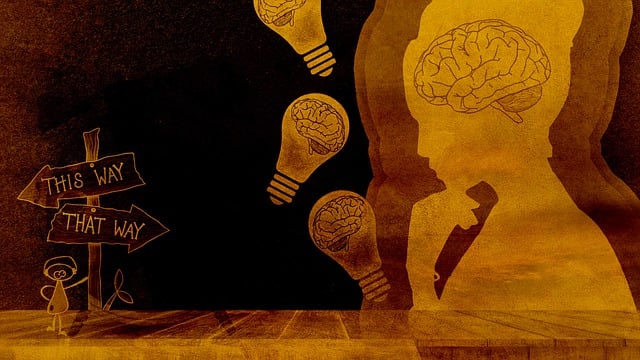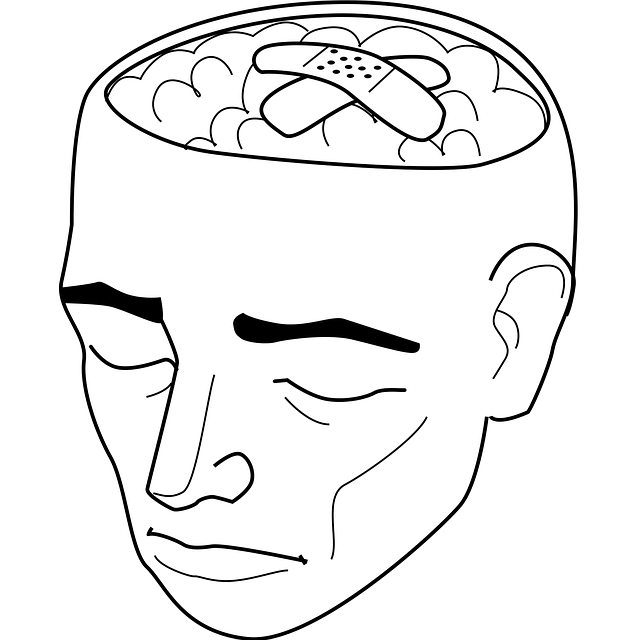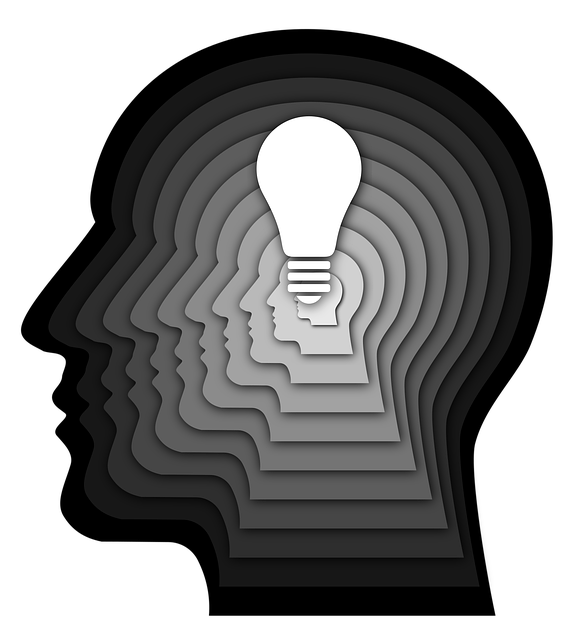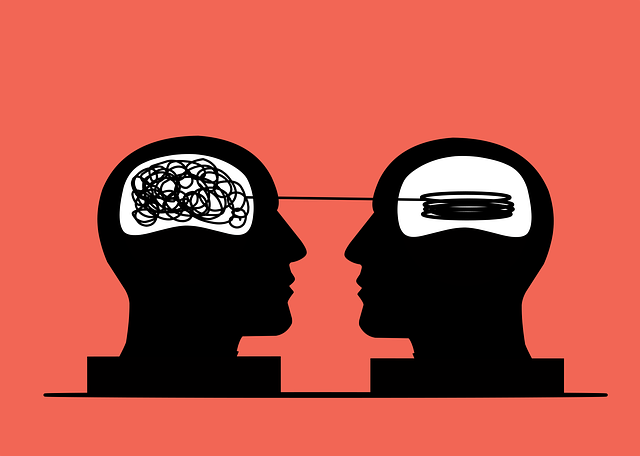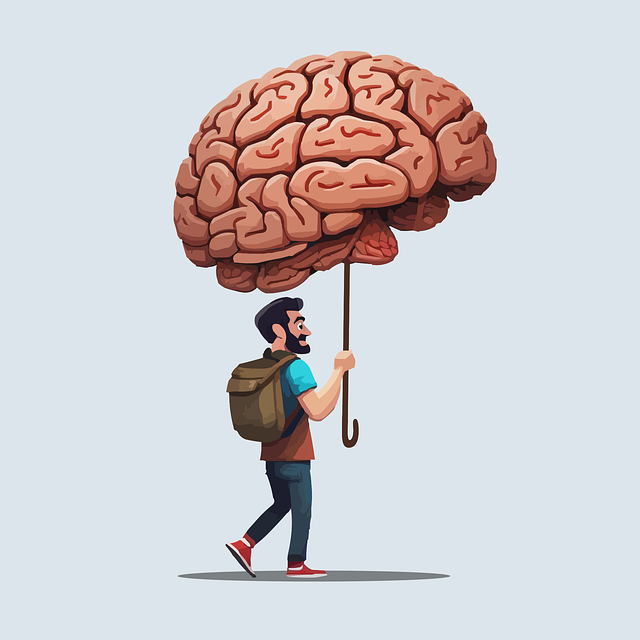Aurora Trauma Therapy offers a comprehensive approach to managing chronic stress by identifying triggers and addressing root causes, especially traumatic experiences. Combining mindfulness, cognitive behavioral strategies, and self-awareness exercises, they empower individuals and healthcare providers to reduce anxiety, depression, and improve overall mental wellness. Their workshops equip people with tools like compassion cultivation, breathing exercises, and relaxation techniques for effective stress management in a fast-paced world.
Stress management techniques are essential tools for maintaining optimal mental health. In this article, we explore various approaches to understanding and mitigating stress, focusing on the transformative power of Aurora Trauma Therapy. From recognizing the profound impact of stress on our well-being to implementing practical daily strategies, readers will discover effective ways to build resilience. We delve into mindfulness practices, relaxation exercises, and structured training programs designed to foster mental fortitude.
- Understanding Stress and Its Impact on Mental Health
- The Role of Aurora Trauma Therapy in Stress Management
- Practical Techniques for Daily Stress Mitigation
- Incorporating Mindfulness and Relaxation Exercises
- Building Resilience through Structured Training Programs
Understanding Stress and Its Impact on Mental Health

Stress is a natural response to various life situations, but when it becomes chronic, it can significantly impact mental health and overall well-being. Understanding stress involves recognizing its triggers—be they emotional, physical, or environmental—and how our minds and bodies react. At Aurora Trauma Therapy, we emphasize the importance of identifying these triggers to manage stress effectively.
Chronic stress can lead to a range of mental health issues, from anxiety and depression to more severe conditions. It disruptively influences our thinking, emotions, and behavior, affecting our ability to cope with daily life. Mental Wellness Journaling Exercise Guidance offers a powerful tool for individuals to track and understand their stress triggers, while Healthcare Provider Cultural Competency Training equips professionals with the knowledge to support patients facing these challenges in a sensitive manner, fostering a more holistic approach to mental wellness.
The Role of Aurora Trauma Therapy in Stress Management

Aurora Trauma Therapy offers a unique and highly effective approach to stress management by addressing its root causes. This therapeutic method is particularly valuable in helping individuals process and overcome traumatic experiences, which often underlie chronic stress. By focusing on the mind-body connection, Aurora Trauma Therapy encourages clients to explore and release repressed emotions and memories, fostering a deeper sense of calm and resilience.
Incorporating Mind Over Matter principles, this therapy promotes self-awareness exercises that empower individuals to take control of their stress response. Through tailored sessions, healthcare providers skilled in Aurora Trauma Therapy can enhance cultural competency training, ensuring a safe and supportive environment for all clients. By combining these innovative techniques with Self-Awareness Exercises, individuals can develop lasting coping mechanisms, leading to improved mental well-being and overall stress management.
Practical Techniques for Daily Stress Mitigation

In today’s fast-paced world, stress has become an all too common companion for many individuals. However, integrating practical techniques into daily routines can significantly mitigate this impact. One effective approach is Aurora Trauma Therapy, which leverages mindfulness and cognitive behavioral strategies to help individuals process and manage traumatic experiences that often contribute to chronic stress. This therapeutic method encourages a sense of calm by teaching the body and mind to respond differently to stressful triggers.
Additionally, organizations like Stress Management Workshops play a vital role in equipping both Healthcare Provider Cultural Competency Training participants and everyday people with tools to navigate life’s pressures. Compassion cultivation practices, a key component of these workshops, foster self-awareness and empathy, enabling individuals to approach stress with kindness and understanding. These workshops often include breathing exercises, progressive muscle relaxation, and positive affirmation techniques that can be easily incorporated into daily routines for sustained well-being.
Incorporating Mindfulness and Relaxation Exercises

Incorporating mindfulness and relaxation exercises into stress management teaching is a powerful approach to empowering individuals to cope with life’s challenges. Techniques like those offered by Aurora Trauma Therapy aim to quiet the mind, reduce anxiety, and cultivate a sense of calm. By learning these practices, students can develop valuable tools for navigating stress, even in the face of mental illness stigma reduction efforts and crisis intervention guidance.
Mindfulness meditation, deep breathing exercises, and progressive muscle relaxation are just a few examples that teach individuals to be present in the moment, acknowledge their feelings without judgment, and respond thoughtfully rather than reacting impulsively. These practices can significantly enhance overall well-being, making them essential components of comprehensive stress management education.
Building Resilience through Structured Training Programs

Building resilience is a key aspect of stress management, and structured training programs play a pivotal role in this process. These programs are designed to equip individuals with effective coping strategies that can help them navigate stressful situations with greater ease. Through Aurora Trauma Therapy, for instance, participants learn not only to identify their triggers but also to develop healthy responses. This involves mastering conflict resolution techniques, enhancing emotional intelligence, and fostering a sense of self-worth—all of which contribute to an individual’s overall well-being.
By participating in such programs, individuals can build confidence in their ability to handle stress and adversity. This resilience is particularly crucial in today’s fast-paced world where demands on our mental health are ever-increasing. Moreover, these structured approaches often incorporate elements of Mental Health Policy Analysis and Advocacy, encouraging participants to not only take care of themselves but also understand the broader systemic issues that impact mental health.
Stress management is a multifaceted approach, as demonstrated by the various techniques discussed in this article. From understanding stress and its impact on mental health to incorporating mindfulness and structured training programs, each strategy plays a vital role in enhancing resilience. Specifically, the integration of Aurora Trauma Therapy offers a unique and effective method for navigating and overcoming stressful situations, thereby fostering overall well-being. By adopting these practical techniques, individuals can take control of their stress levels and lead more fulfilling lives.



